How A Criminal Case Proceeds In Court
Rickey StokesViewed: 4678
Posted by: RStokes
[email protected]
3347901729
Date: Mar 20 2019 6:52 PM
ALABAMA: With the case in Dale County involving the murder of Traci Hawlett and J.B. Beasley, many have asked what all happens next.
From the Alabama Rules of Criminal Procedure, I have attempted to outline the path forward on criminal trials. It might be somewhat difficult to follow.
In simple terms, McCraney’s case begins in District Court. Following his arrest by officers, McCraney had an Initial Appearance. He employed his own legal counsel, David Harrison.
From there a Preliminary Hearing has been requested. A date has been set for sometime in April for that Preliminary Hearing.
If Dale County District Court Judge Stan Garner finds probable cause, the next step in the case will be Grand Jury.
33rd Judicial Circuit District Attorney Kirke Adams will present the case before a panel of 18, not less than 12, qualified persons which serve as the Dale County Grand Jury.
If indicted, McCraney can sign a form and waive the Arraignment. The form is called Waiver of Arraignment and Plea of Not Guilty.
The case will be idle for a period of time of courtroom activities, but there will be a host of motions filed because there are 5 death penalty cases against the defendant.
Then the case will be set for trial.
There will be a long period before this case hits the trial docket. And there will be tons of motions filed because the record has to be protected.
Motions and objections are often times filed in order to "protect the record" in the event of a guilty verdict and an appeal. Often times it is not that the attorney does not want something to come out in court, but if there are no timely objections, then that issue can not be addressed on appeal.
I hear people say, I will wait and if a conviction then will hire a good attorney. WRONG!
If the record is not protected during the trial, then certain issues can be appealed.
So you hire good attorneys at the beginning stages of the case or you will be in deep trouble.
In Alabama a person is arrested and a criminal action is initiated in the following ways:
- A person files a complaint with a law enforcement agency. They investigate that complaint and make a report. The individual then goes to the Magistrate and obtains an arrest warrant for the person suspected of the crime committed of which the arrest warrant was obtained. The Magistrate determines if probable cause exits based on the report made by law enforcement.
- A law enforcement officer, after receiving a complaint, the facts of the complaint, and determines probable cause exists to the extent the officer is comfortable with obtaining an arrest warrant themselves.
- A law enforcement officer initiates a interaction with someone, normally based on a traffic stop or some sort of interaction with a individual, and during that interaction probable cause gets established. During that interaction and further investigation the officer determines a crime has been committed and makes an arrest and places the person in jail. The officer then goes to the Magistrate and obtains arrest warrant.
- A law enforcement officer issues a traffic citation to someone.
The purpose of the complaint, then, is to enable the appropriate magistrate to determine whether the probable cause required to support a warrant exists. The magistrate must judge for themselves the persuaviveness of the facts relied on by the complaining officer to show probable cause. The Magistrate should not accept without question the complaintant’s mere conclusion that the person whose arrest is sought has committed the crime.
MISDEMEANORS OR ORDINANCE VIOLATIONS
If the case is a misdemeanor or ordinance violation, and there is no associated felony offense, the case goes from arrest, arraignment and then trial. The trial is by a Municipal Judge if arrested by a municipal officer or a District Judge if arrested by a Deputy, ALEA-Trooper or other state officer.
A municipal judge can only hear cases which occurred in the municipality. The maximum sentence of which a municipal court can impose is one year. The maximum bond a municipal judge can set is $ 1,000.00 cash.
FELONIES - THE PATH OF THE CASE BEGINS
In the above described ways, depending on the offense, the case begins to take several paths.
FELONY OFFENSE: A felony offense is a crime where the punishment is more than one year, upwards to death. There are Class A felonies which is the most serious, Class B felonies, Class C felonies and Class D felonies. Any misdemeanor or ordinance violation alleged tracks with the felony. All felonies which the arrest is made in the above described ways begin in District Court.
District Court and Municipal Courts are courts of no record, which means there is normally no court reporter unless the defendant employs their own court reporter.
The first court appearance is the Initial Appearance. If the person is in jail that is held within 72 hours of the arrest. If the person has made bond then a future court date is set for Initial Appearance.
Initial Appearance are advisory appearances. The District Court Judge informs you of what you are charged with, the range of punishment for the offense charged, advises you of certain rights such as the right to remain silent, right to appointed counsel should you not have one, right to a preliminary hearing, if eligible that the alleged offense was committed before you turned age 21, and if you qualify, the pre-trial diversion program option. An additional purpose of an Initial Appearance is to insert the judicial process between the police and defendant at the earliest practicable time in order to minimize the effects of carelessness, abuse of power, or unavoidable error in the police function.
Following the Initial Appearance, if requested by the defendant, a Preliminary Hearing is scheduled. The request for a preliminary hearing may be requested within 30 days of an arrest. The preliminary hearing shall commence within 21 days following the demand for a preliminary hearing.
Preliminary Hearings are probable cause hearings. Probably a crime was committed and probably this person committed the crimes. Hearsay is admissible and the standards of proof are not like they are in a trial. The only evidence allowed is that evidence relevant to the question of whether probable cause exists.
At a preliminary hearing the Judge can bind the person over to Grand Jury or dismiss the charges. But even if the District Court rules that no probable cause exists the District Attorney can present the case to a grand jury.
Once indicted by a Grand Jury a defendant is no longer entitled to a preliminary hearing. Once indicted the court no longer has the authority to dismiss a case on the basis no probable cause existed.
Following the Preliminary Hearing, if probable cause is not found, the Judge can dismiss the case. But that does not preclude the District Attorney from taking the case to a Grand Jury.
If the court finds probable cause exists, the case is bound over to a Grand Jury.
GRAND JURY
In Alabama, before a felony case can be tried before a jury, the case shall go through Grand Jury and A True Bill ( indictment ) issued.
When a panel of jurors is selected for a term of court, the court randomly draws 18 names from the jury venire which become the Grand Jury.
In Houston County, Circuit Clerk Carla Woodall uses a sophisticated system to “randomly” select the names of the 18 jurors that become the Grand Jury.
She places the names of the jurors in a red tin can cookie box and randomly draws the 18 names!
A foreperson is selected for the grand jury in the same manner the 18 members are selected. It is then the duty of the Grand Jury to:
- Inquire into all indictable offenses committed or triable within the county.
- Inquire into any alleged misconduct or incompetency of any public officer in that county. If upon such investigation and diligent inquiry, the grand jury finds that the officer investigated should be removed from office, it shall return a Bill of Impeachment as provided by law.
- Inquire into the condition of the county jail and juvenile detention facilities, if any, in regard to their sufficiency for the safekeeping of prisoners or juveniles, respectfully, and their sufficiency for the accommodations and health of prisoners or juveniles, respectfully; and
- Perform such other duties as may be required of it, which includes the duties of each member of the grand jury to: (A) disqualify themselves if a conflict, (B) attend each session (C) Keep confidential those matters revealed to the grand jury in secret.
POWERS OF THE GRAND JURY
- The grand jury shall have inquisitorial powers over all indictable offenses found to have been committed or to be triable within the county, and shall have authority to return indictments for such offenses.
- The grand jury shall be entitled to free access, at all proper hours, to all state, county, and municipal offices and buildings located within the county.
Once the grand jury is empaneled and sworn as provided by statue, “it” becomes the supreme inquisitorial body of the county, and no preliminary act of any court or judge can limit its powers.
The district attorney is specifically prohibited from being present in the Grand Jury room when the grand jury is deliberating and/or voting. Grand Jury deliberations should be surrounded by secrecy according to the rules which govern grand juries.
The rules which govern grand juries does not permit the accused under investigation to bring an attorney into the grand jury room.
NUMBER OF GRAND JURORS NECESSARY TO INDICT: 12
RETURN OF INDICTMENT: When an indictment is found it must be endorsed “ A TRUE BILL “ and the indictment must be signed by the foreperson.
FOLLOWING A TRUE BILL OF GRAND JURY, INDICTED, THEN ARRAIGMENT IS NEXT STEP
NOTE: At the beginning of this article RSN listed the ways you are arrested, named the initial appearance and preliminary hearing. A case can be presented to a Grand Jury and the defendant never arrested until which time a grand jury issues A TRUE BILL and indicts them. If this is the case all of the above steps are void. The case will begin at this step of arraignment after indictment.
At present, arraigment , it is nothing more than calling the accused to the bar ( court ), and reading or explaining the indictment and demanding his plea. Its only purpose is to obtain from the accused his answer or plea to the indictment.
If the defendant already has legal counsel, the mere signing of a form WAIVER OF ARRAIGNMENT AND PLEA OF NOT GUILTY and filed with the court waives the defendant from appearing in court.
PREPARATION FOR TRIAL; PLEADINGS AND MOTIONS
The available pleas for a defendant are; (1) guilty (2) not guilty (3) not guilty by reason of mental disease or defect (4) not guilty and not guilty by reason of mental disease or defect.
Defenses and objections raised before the trial shall be raised only by motion to dismiss or by motion to grant appropriate relief.
DISCOVERY
The rules specify certain evidence which is required of the state to be provided to the defendant. Some jurisdictions, 20th Judicial Circuit, provides open file discovery. That is the prosecutor gives to the defense attorney everything in his file in order to make sure the defendant gets a fair trial.
Some jurisdictions only give what is required by law.
TRIAL BY JURY
Defendants in all criminal cases shall have the right to be tried by a jury. Prior to the voir dire examination, each party, upon request, shall be furnished with a list of the names, addresses of the prospective jurors and such biographical information as to each juror.
The court shall permit the parties or their attorneys to conduct a reasonable examination of prospective jurors. The voir dire examination of prospective jurors shall be limited to inquiries directed to basis for challenge for cause or for obtaining information enabling members to exercise their strikes ( removal as a juror ).
Unless the parties consent to a lesser number of prospective jurors, the list shall be no less than: (A) 36 if the offense charged is punishable by death; (B) 24 if the offense charged is a felony not punishable by death, or (C) 19 if the offense chargeable is a misdemeanor.
ORDER OF PROCEEDING OF TRIAL
The trial shall proceed in the following order unless with agreement of the parties the court shall direct otherwise:
(a) Witnesses who are present may be sworn and may be excused from the courtroom.
(b) The charge shall be read and the plea of the defendant stated.
(c) The district attorney may then make an opening statement, including a statement of what the state expects the evidence to show.
(d) The defendant may then make an opening statement, including a statement of what the defendant expects the evidence to show. The district attorney may be offered a brief statement of rebuttal.
(e) The district attorney shall offer evidence in support of the charge
(f) The defendant may then offer evidence in defense.
(g) Evidence in rebuttal may then be offered.
(h) Before the jury retires to begin deliberation of the case, the court, upon a showing of good cause, may allow the case to be reopened. If either party is allowed to present further evidence, the other party may present evidence in response thereto.
(i) The parties may make arguments, the district attorney having the opening and closing. If after the opening argument the defendant declines to make argument, the district attorney shall not make further argument.
(j) The judge then charges the jury.
Then the jury deliberates the case, after selecting a foreman.
<- back







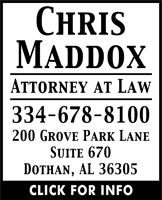





1.jpg)





.jpeg)
1.jpg)
.jpg)
















.jpeg)
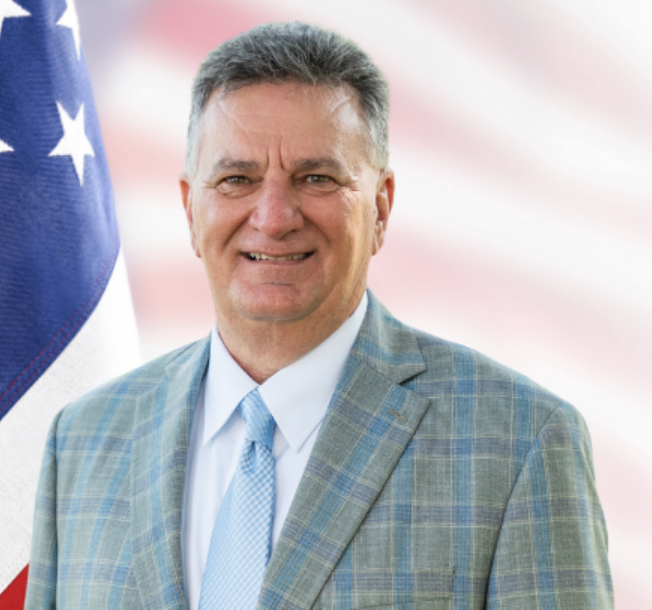



 (2)1.jpg)








 (1).gif)
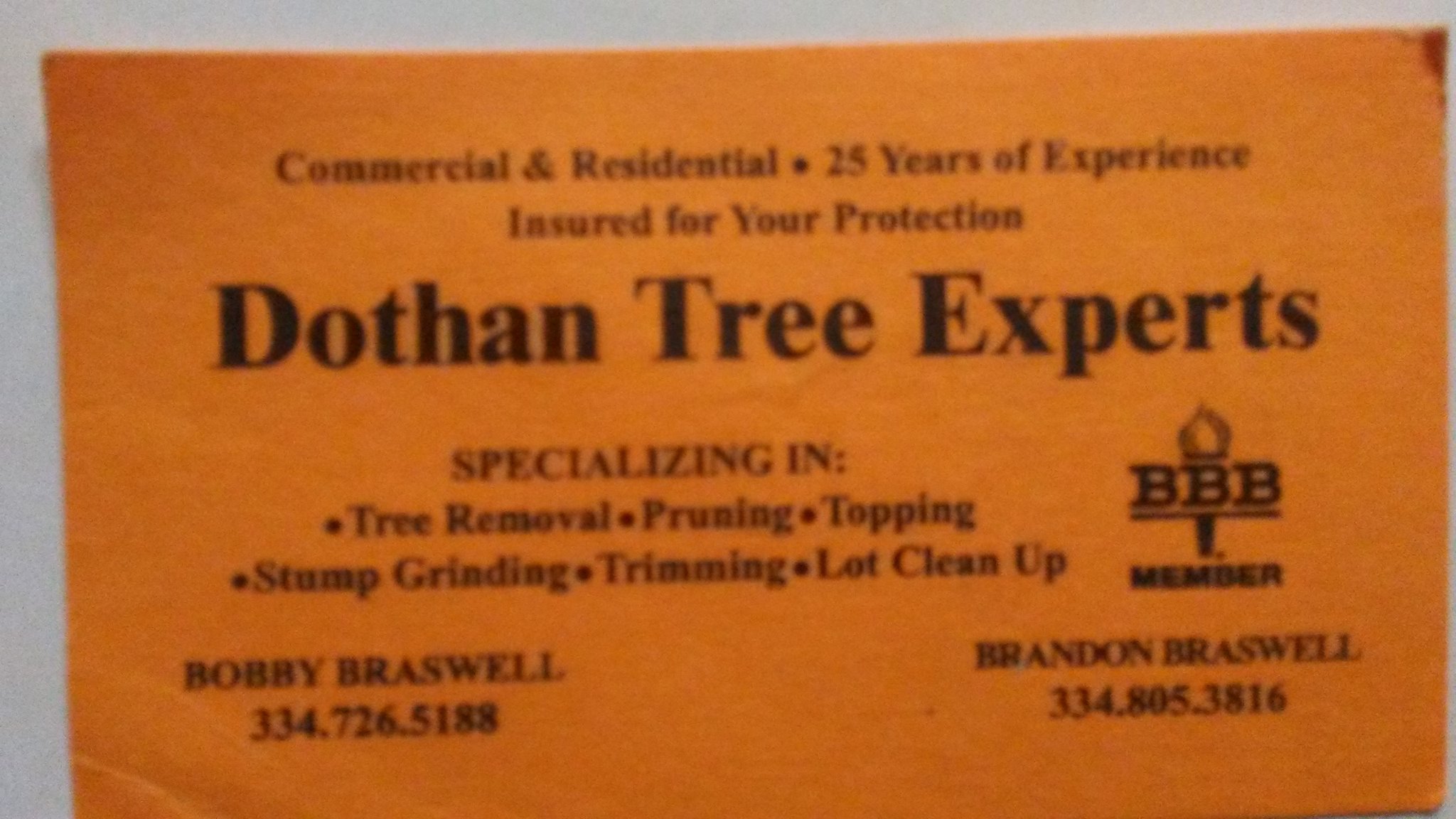


.jpg)



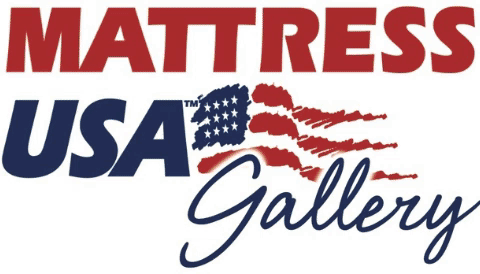


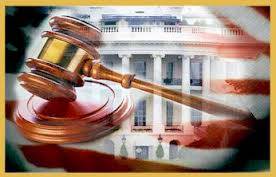

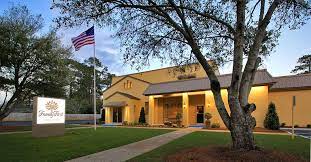










 (2).jpg)
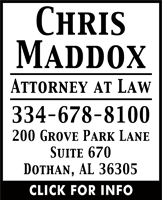

.jpg)

.JPG)
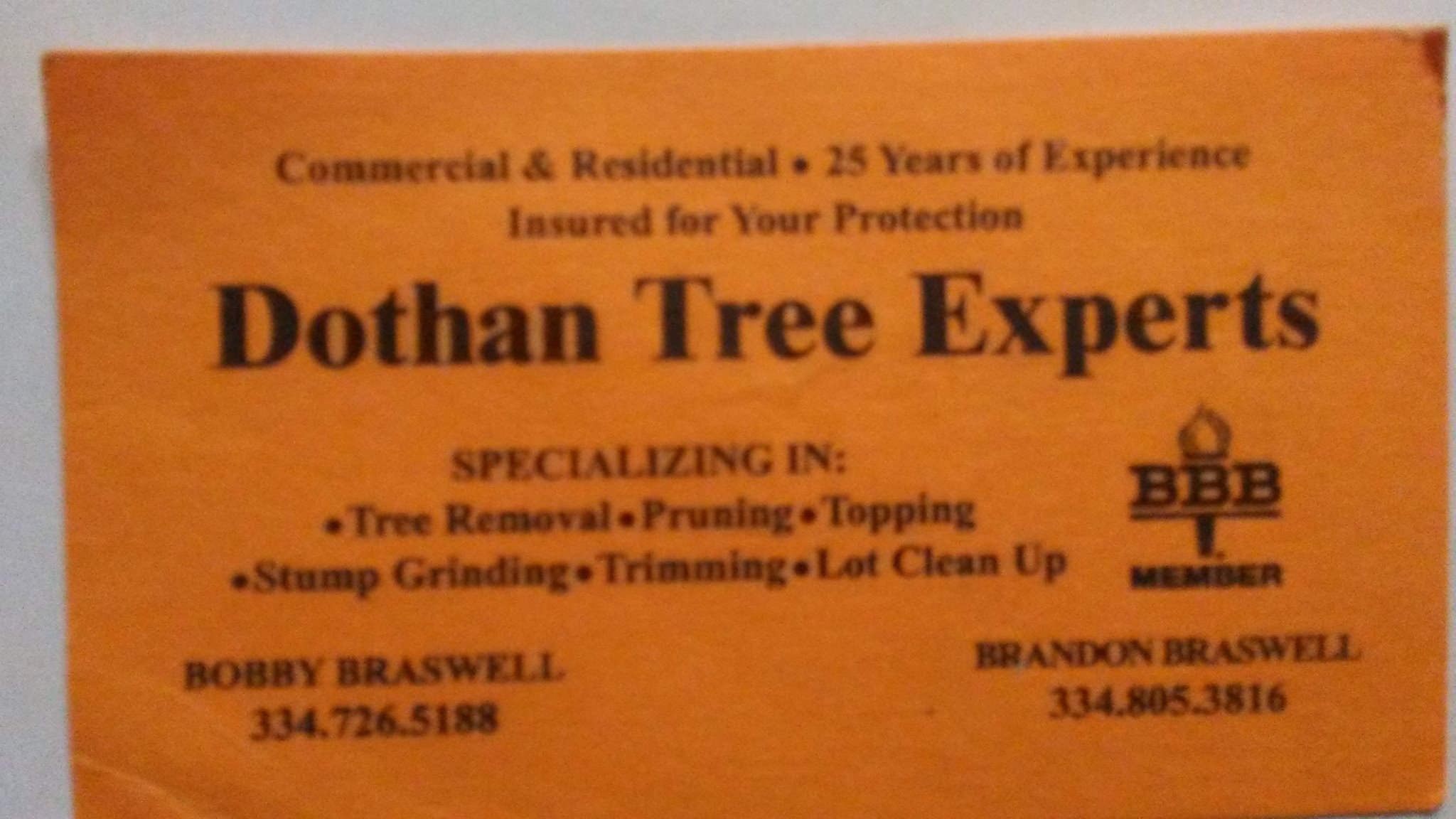













.jpg)
1.jpg)







1.jpeg)


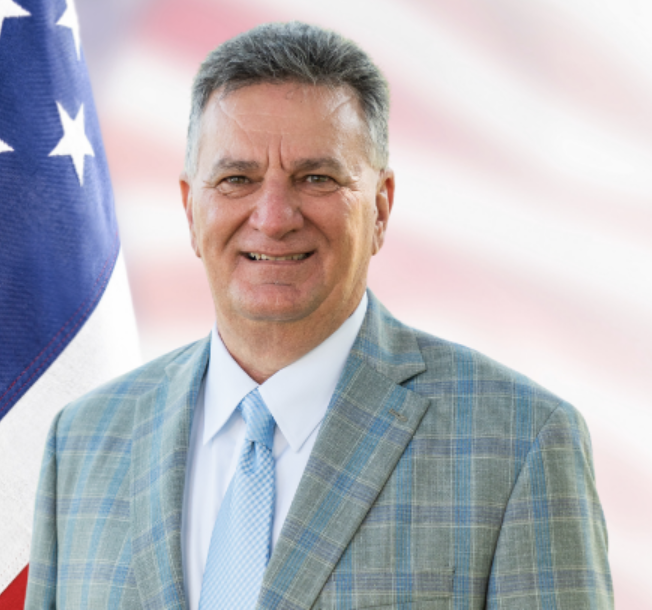






.jpg)



